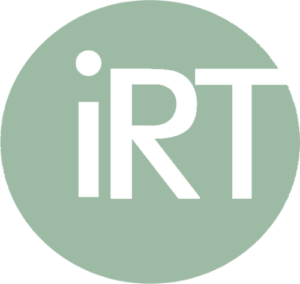MASEP is a court-mandated intervention for first-time DUI offenders. The goal of MASEP is to reduce recidivism for drug- and alcohol-related traffic offenses through changing participants’ attitudes towards drug and alcohol use, increase their motivation to change their behavior, and reduce instances of impaired driving.
Interactive Journaling
Interactive Journaling is designed to reduce substance abuse and substance-related behaviors, such as recidivism of driving under the influence, through a process of written self-reflection.
Lead and Seed
Lead & Seed is an intervention for middle and high school youth that is based on SAMSHA’s Strategic Prevention Framework. Lead & Seed is designed to increase youth’s knowledge and problem-solving skills for preventing substance use and substance-related behaviors in their communities, guide them to developing prevention plans, and help them to implement these plans.
The Brief Negotiation Interview for Harmful and Hazardous Drinkers (BNI)
The BNI is a screening tool and brief intervention model for use in hospital emergency departments with adults presenting for acute care and who have a history of hazardous or harmful drinking. The intervention uses motivational interviewing and cognitive behavioral strategies to reduce high-risk alcohol use and driving under the influence of alcohol.
Training for Intervention Procedures (TIPS) for the University
Training for Intervention Procedures (TIPS) for the University is a multimedia, school-based prevention program designed to help college students receiving the training to make safe, sound decisions regarding their own high-risk drinking behavior (e.g., underage drinking, drinking to intoxication, drunk driving) and enable them to intervene to prevent this high-risk behavior among their peers and friends. The program has three modules which can be delivered over one 2-hour session: (1) information about alcohol and other drugs, alcohol’s effects, and jurisdiction-specific laws related to alcohol; (2) skills needed to recognize when an intervention is indicated and then implement such an intervention; and (3) a behavioral rehearsal module in which students practice intervention skills they have discussed and observed. The overall goal is to reduce alcohol consumption among college students and the high-risk behavior related to alcohol use.
Too Good for Drugs
Too Good for Drugs (TGFD) is a school-based prevention program for kindergarten through 12th grade that builds on students’ resiliency by teaching them how to be socially competent and autonomous problem solvers. The K-8 curricula each include 10 weekly, 30- to 60-minute lessons, and the high school curriculum includes 14 weekly, 1-hour lessons plus 12 optional, 1-hour “”infusion”” lessons designed to incorporate and reinforce skills taught in the core curriculum. Students learn how to be socially competent and autonomous problem solvers. The overall goal is to increase prosocial behaviors while decreasing intentions to use substances and engage in violence.
